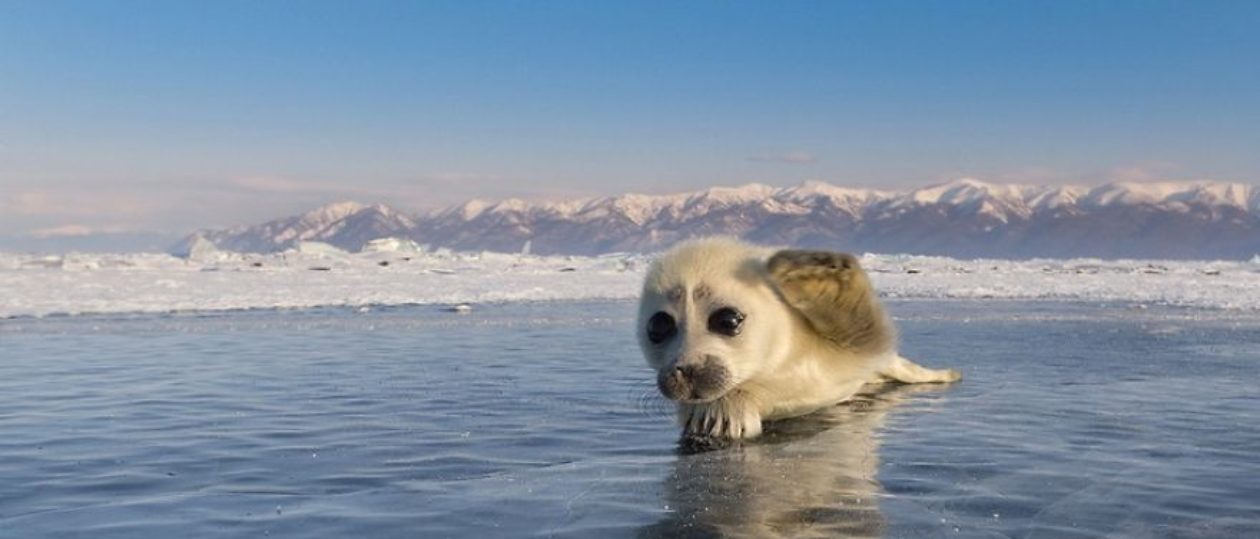
I just read something I did not wish to see. “The Guardian” headline said Bornean orangutans are now critically endangered because of shrinking forests. Trust me, as an animal lover and environmentalist, I did not want to see that headline. I would have preferred to read something like forests are growing and orangutan populations are increasing.
Because of habitat loss, illegal hunting and forest degradation we are going to see an 86% decline in the orangutan population between 1973 and 2025. You are all intelligent readers, but let me put it starkly, that means if you have 100 orangutans only 14 would be left! The other reality worth noting is that orangutans only reproduce every six to eight years. So that means it is inherently much harder for orangutan populations to rebound.
So what can I say to make any of this sound more uplifting and less depressing? Point one, Bornean orangutans are very adaptable and can survive in a degraded forest. Point two, we can take actions to ensure that the current number of Bornean orangutans, which stands at 41,000, increases. Please check the label and read ingredients for the foods you eat. If palm oil is listed Don’t Buy It. I repeat, don’t buy it. Palm oil is one of the top reasons forests are being destroyed and depleted. Point three, your actions make a difference. Thank you.



 As you know, I love animals. They are precious and bring out the best in all of us. Here is a link to one of my favorite websites and some swan photos.
As you know, I love animals. They are precious and bring out the best in all of us. Here is a link to one of my favorite websites and some swan photos. 
 April 20th marked the six year anniversary of the BP oil rig explosion in the Gulf of Mexico. Sadly, it was the largest man-made oil spill in history. 3 million barrels of oil were dumped into the water and caused the death of 11 men and countless animals. Again, I have never heard of a solar spill. It is time to end our use of fossil fuels like oil and natural gas. And it is time to end offshore drilling.
April 20th marked the six year anniversary of the BP oil rig explosion in the Gulf of Mexico. Sadly, it was the largest man-made oil spill in history. 3 million barrels of oil were dumped into the water and caused the death of 11 men and countless animals. Again, I have never heard of a solar spill. It is time to end our use of fossil fuels like oil and natural gas. And it is time to end offshore drilling.
 The other week I was watching a program about warming Arctic waters and was deeply saddened by the changes happening there. Arctic summers are increasingly becoming ice-free because of our dependence on fossil fuels and mounting carbon emissions. The situation has far-reaching effects for wildlife. In the past you would find huge blocks of floating ice and snow-covered land masses. Now the waters are empty of ice, and polar bears are left to swim very long distances to rest or find prey. Scientists are also seeing more and more orca whales in these northern waters. Previously, orcas would not venture into the area because their fins could not penetrate the ice. Now, they are making thousand mile journeys to feed on other animals which breed their young in once “safe” territory.
The other week I was watching a program about warming Arctic waters and was deeply saddened by the changes happening there. Arctic summers are increasingly becoming ice-free because of our dependence on fossil fuels and mounting carbon emissions. The situation has far-reaching effects for wildlife. In the past you would find huge blocks of floating ice and snow-covered land masses. Now the waters are empty of ice, and polar bears are left to swim very long distances to rest or find prey. Scientists are also seeing more and more orca whales in these northern waters. Previously, orcas would not venture into the area because their fins could not penetrate the ice. Now, they are making thousand mile journeys to feed on other animals which breed their young in once “safe” territory.
 I became aware of thrombosis and pulmonary embolisms about five years ago and wanted to share what I know about them with you. In a nutshell, thrombosis means your blood is clotting. Blot clots occur for a number of reasons including immobility, damage to a vein, or because of health and environmental reasons. When a clot blocks a blood vessel it can cause serious health problems and even death. An embolism occurs when the clot breaks up and pieces of it enter the lungs.
I became aware of thrombosis and pulmonary embolisms about five years ago and wanted to share what I know about them with you. In a nutshell, thrombosis means your blood is clotting. Blot clots occur for a number of reasons including immobility, damage to a vein, or because of health and environmental reasons. When a clot blocks a blood vessel it can cause serious health problems and even death. An embolism occurs when the clot breaks up and pieces of it enter the lungs.